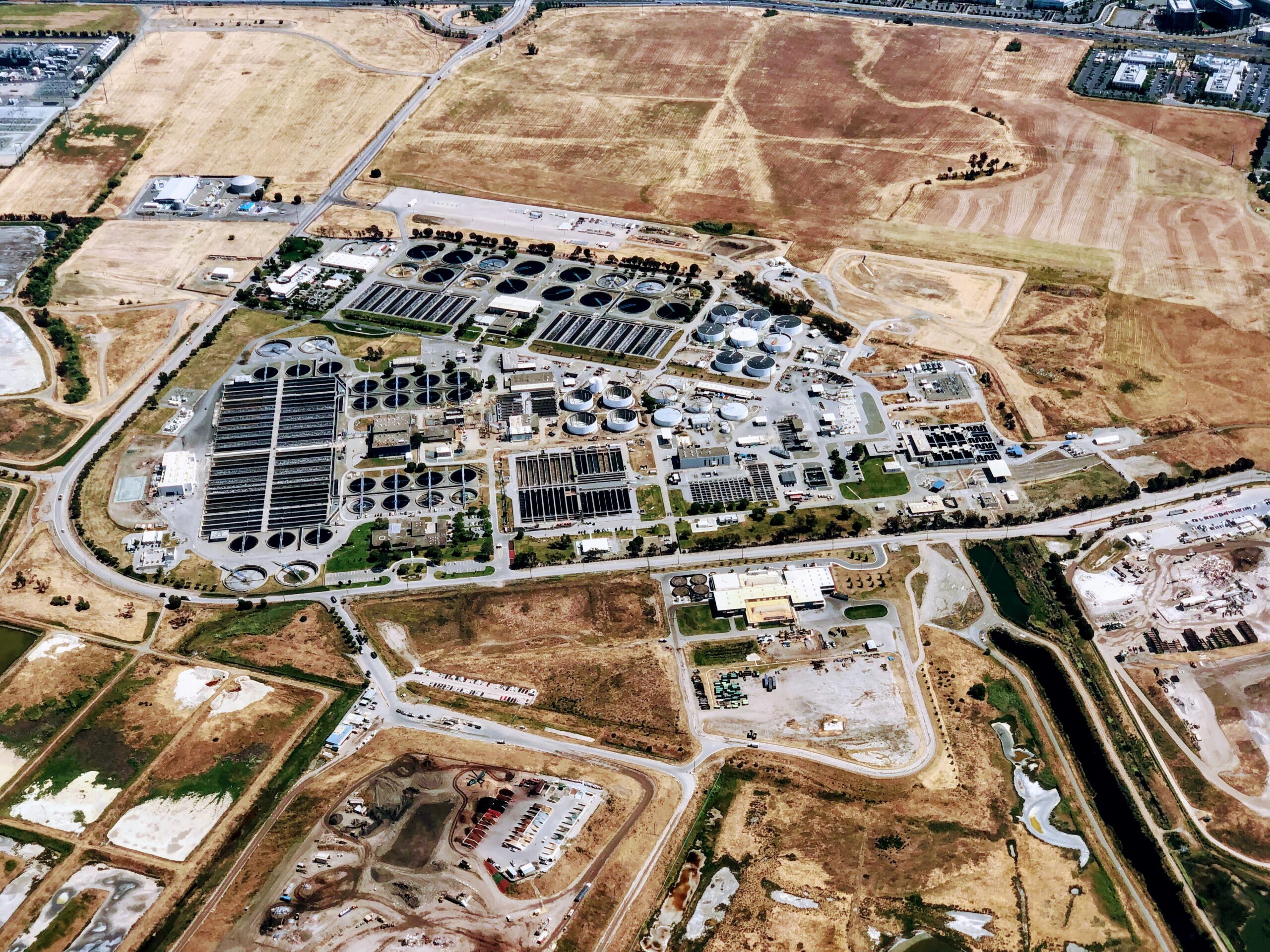Introduction
In a rapidly developing city like Bangalore, the need for effective sewage treatment plants cannot be overstated. As the population continues to grow, so does the amount of waste generated, making it crucial to have proper systems in place to treat and manage sewage. Sewage treatment plants play a vital role in ensuring the health and wellbeing of the city’s residents, as well as preserving the environment.
Benefits of Sewage Treatment Plants
1. Environmental Protection: Sewage treatment plants are designed to remove harmful pollutants and contaminants from wastewater before it is discharged into rivers or other bodies of water. This helps to prevent water pollution and reduces the impact on aquatic life and ecosystems.
2. Public Health and Safety: Proper treatment of sewage is essential for maintaining public health and safety. By removing pathogens and harmful bacteria, sewage treatment plants help to prevent the spread of diseases and protect the community from health hazards.
3. Water Conservation: In a water-scarce city like Bangalore, every drop counts. Sewage treatment plants play a crucial role in conserving water by treating and reusing wastewater. Treated water can be used for various purposes, such as irrigation, industrial processes, and even for flushing toilets, reducing the strain on freshwater resources.
Challenges and Solutions
1. Infrastructure Development: As the city continues to grow, there is a need for continuous investment in sewage treatment infrastructure. This includes expanding existing plants and building new ones to cater to the increasing population. Collaboration between the government, private sector, and local communities is essential to address this challenge.
2. Awareness and Education: Creating awareness among the public about the importance of sewage treatment and proper waste disposal is crucial. Educational campaigns and community outreach programs can help in promoting responsible behavior and reducing the burden on sewage treatment plants.
3. Technological Advancements: Embracing advanced technologies and innovative solutions is vital for improving the efficiency and effectiveness of sewage treatment plants. This includes the use of energy-efficient processes, automation, and real-time monitoring systems to optimize operations and reduce environmental impact.
Conclusion
Sewage treatment plants are indispensable for a rapidly growing city like Bangalore. They not only protect the environment and public health but also contribute to water conservation efforts. Addressing the challenges associated with sewage treatment requires a collaborative approach and a focus on technological advancements. By investing in sewage treatment infrastructure and creating awareness among the public, Bangalore can continue to be a sustainable and livable city for future generations.


Leave a reply